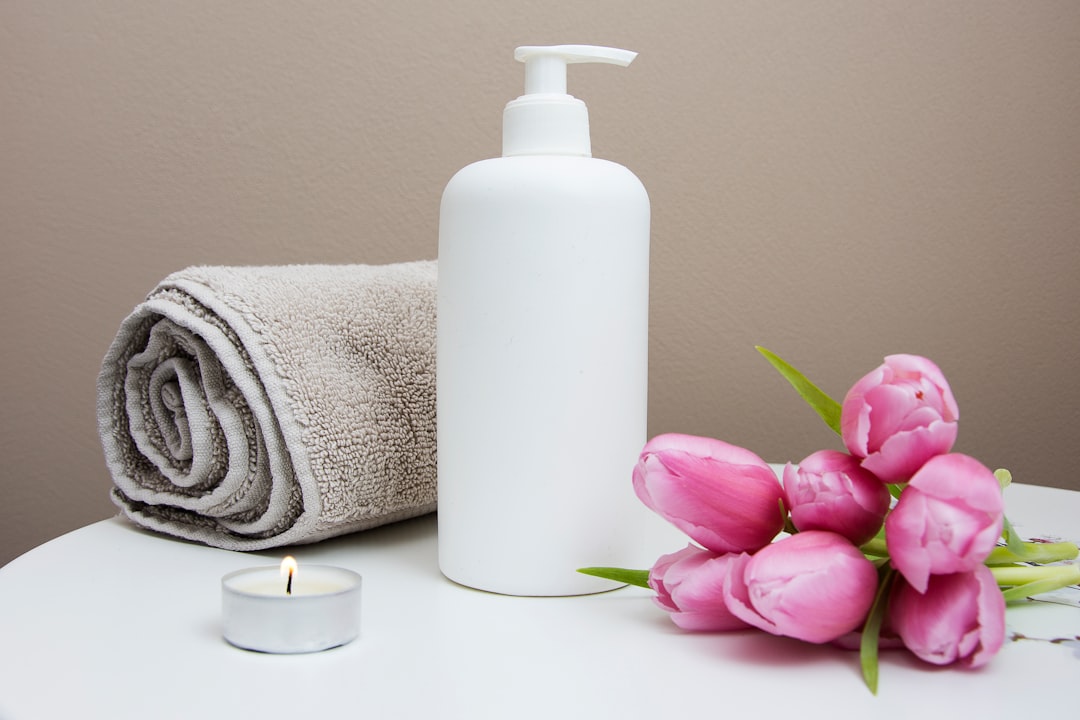Before and during your first massage in New Jersey, understand your rights to dignity, respect, and privacy. Communicate concerns immediately if boundaries are crossed. Familiarize yourself with massage techniques and stay alert for discomfort. If experiencing abuse or harassment, consult a skilled massage abuse attorney in New Jersey to protect your rights and seek justice.
“Preparing for your first massage in New Jersey? This guide equips you with invaluable insights. Before your relaxing session, understand your rights as a client, especially when it comes to preventing and reporting potential massage abuse. During your consultation, expect a thorough exam. Learn about common therapeutic massage techniques and be aware of red flags. Equip yourself with knowledge—a crucial step in ensuring a safe and rejuvenating experience. For legal recourse, consider consulting a massage abuse attorney New Jersey.”
Understanding Your Rights Before Your First Massage

Before your first massage, it’s crucial to understand your rights and what constitutes professional boundaries. In New Jersey, as in many states, clients have a right to expect certain standards of care from their massage therapists. This includes being treated with dignity, respect, and privacy.
If you feel uncomfortable at any point during the massage or if the therapist crosses any professional boundaries, it’s important to speak up. You can pause the session and communicate your concerns to the therapist. In case of severe or persistent abuse, documenting these incidents and considering legal advice from a reputable massage abuse attorney in New Jersey can help protect your rights and ensure justice.
What to Expect During the Consultation and Exam

During your first massage in New Jersey, it’s crucial to prepare for a comprehensive consultation and exam. Your masseuse will typically begin by asking about your medical history, any specific areas of pain or tension, and your general well-being. This is not only to tailor the massage to your needs but also to ensure they understand any potential contraindications or precautions necessary. Don’t be shy about sharing details; it’s their job to create a safe and effective treatment plan.
The exam might involve some light touching and manipulation to assess muscle tone, flexibility, and areas of tension. This is standard practice to determine the best approach for your massage. Remember, a reputable masseuse will prioritize your comfort and safety, so if you feel any discomfort or have concerns, communicate openly. Understanding the boundaries and expectations from the start is essential, especially in light of the sensitive nature of the service, and it might even prompt you to consult with a massage abuse attorney in New Jersey if something feels amiss.
Techniques Used in a Standard Therapeutic Massage

During your first massage, understanding the techniques employed can help ease any anxiety or uncertainty. A standard therapeutic massage incorporates a variety of strokes and pressure points designed to promote relaxation and healing. Common methods include effleurage, which involves smooth, gliding strokes; petrisation, using kneading movements to target muscle knots; tapotement, rhythmic tapping or pounding; and friction, where the therapist applies direct, forceful pressure to relieve tension.
Many massage therapists in New Jersey may also incorporate elements of hot stone therapy, where heated stones are used to warm muscles and improve circulation. The therapist will typically discuss your comfort level and adjust their approach accordingly. While therapeutic massages focus on relaxation and wellness, it’s important to remember that if you experience any discomfort or pain during the session, you have the right to communicate your concerns openly. In rare cases of massage abuse, seeking legal advice from a qualified attorney in New Jersey can be a necessary step to protect your rights and ensure appropriate accountability.
Recognizing and Reporting Potential Massage Abuse





